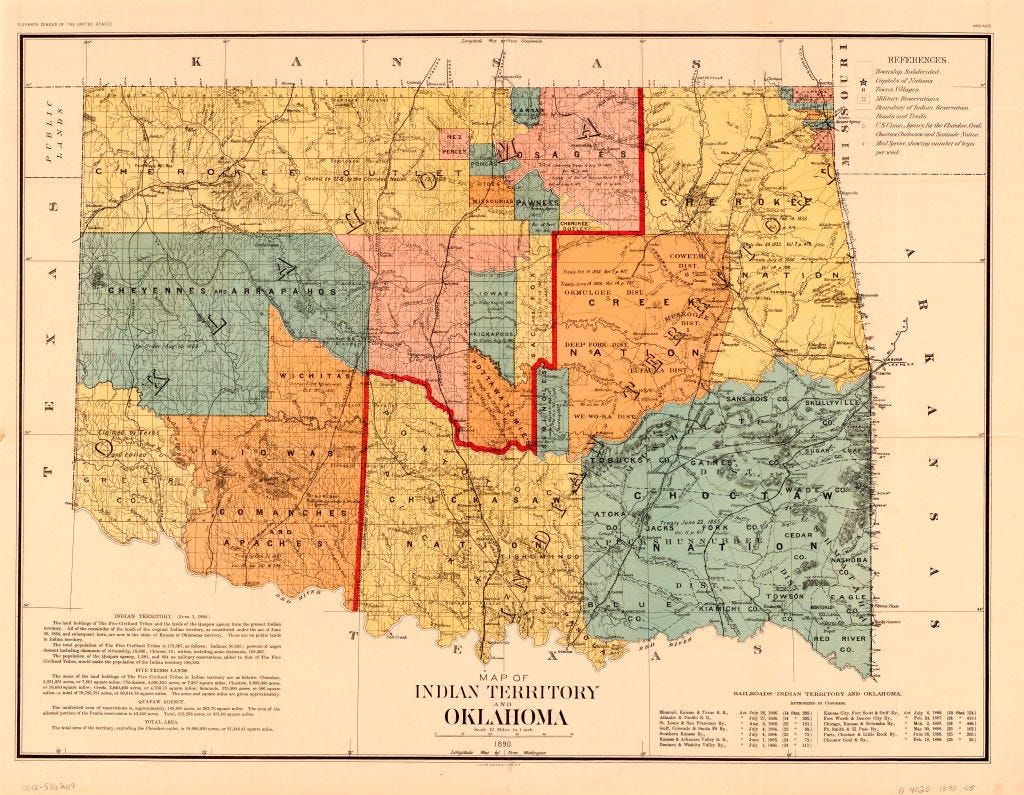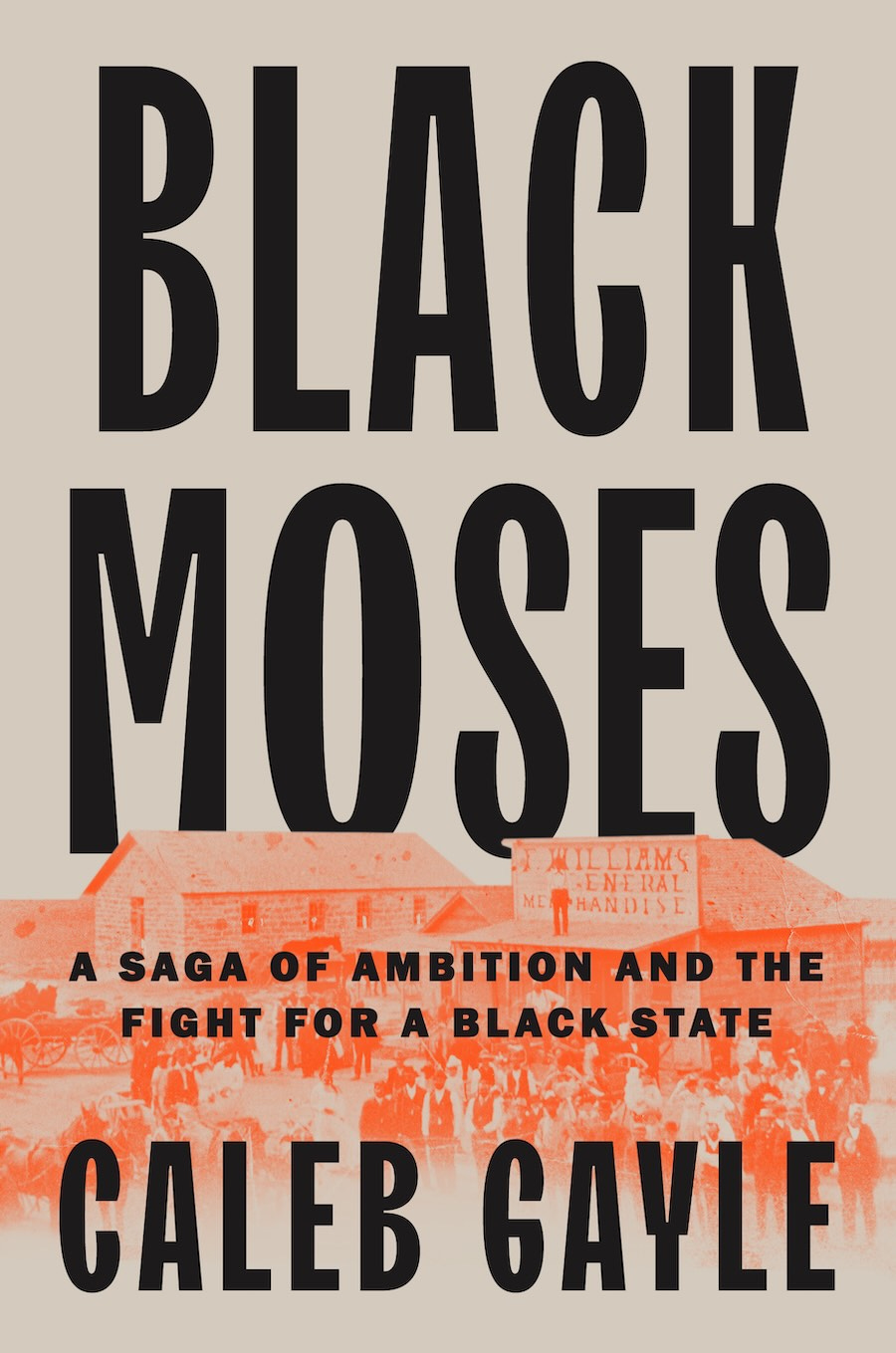Making the promised land
Journalist Caleb Gayle on Edward P. McCabe’s Sisyphean struggle to build Black political power in 19th-century Oklahoma
American democracy has never been simple, but in the complex system that decides electoral power, questions about who counts — who gets to vote and where, and who decides — are still so unsettled that there’s a soft civil war over redistricting going on right now. Plus, given just how difficult it is for anyone to make the case they’re fit to represent the American public, it takes more than a little narcissism to seek office — enough to make anybody uncomfortable, especially given how many object lessons Americans have gotten lately about the damage unchecked ambition can do.
But there’s a place for ambition, and for a clear understanding of the workings of democracy’s machinery. In the latter half of the 19th century, Edward P. McCabe, a Black lawyer and politician, saw in the opening of the Oklahoma Territory an opportunity to build political power by organizing Black settlers to ensure a majority in the proposed state of Oklahoma — and to put himself into the governorship of the territory in the meantime. McCabe’s audacious plan didn’t succeed, but his efforts helped build towns and colleges, changed the role of Black politicians in the national Republican Party, brought historic court challenges against segregation, and laid the foundations of Black political and economic power in the region.
McCabe is the subject of Black Moses: A Saga of Ambition and the Fight for a Black State, the latest book by journalist, journalism professor, and author Caleb Gayle. We talked to Gayle about McCabe’s life, career, and the evolution of his political thinking, and about the many lessons his pragmatic vision of power politics has for us today.
Your new book is about Edward McCabe, a guy who’s trying to engineer an advanced electoral strategy to build Black political power against a backdrop of rising white nationalism. This is in the period where Reconstruction is turning into redemption and then into Jim Crow, and it’s a period that prefigures what we are seeing today
Oklahoma provides this microcosmic way of interrogating what's happening and what has happened in America at large. Oklahoma's always been kind of a laboratory experiment. It’s been the place where we would dispatch those who are unwanted by the U.S. government to try and figure out, "Could this solve our problems?" In the 1830s, it was, sadly, tens of thousands of Indigenous people. And with them, a lot of the enslaved people that they already had, and some of the enslaved people who had migrated and had become citizens of those Indigenous nations.
Towards the tail end of the 19th century, what incentivized McCabe was that the Oklahoma territory was open. There was a ton of unassigned land, “free for anyone who wants it." And when we look a lot at the people who migrated during those land runs, they weren't all wealthy white men. They were, in many cases, really poor people of all different racial backgrounds.
And in many instances, they were told, "Okay, go duke it out.” As in the context we're operating in now, zero-sum politics had really poisoned political rhetoric, thinking, decision-making, and policy-making, pitting groups against one another that would otherwise marshal their resources and organize collaboratively.
Edward McCabe — who was for me the cipher through which I could tell that story, the Virgil that did a lot of the work of the storytelling, in part because he was probably one of the more narcissistic, braggadocious, imperfect people — he saw all of this and said, "I have a Negro colonization scheme."






